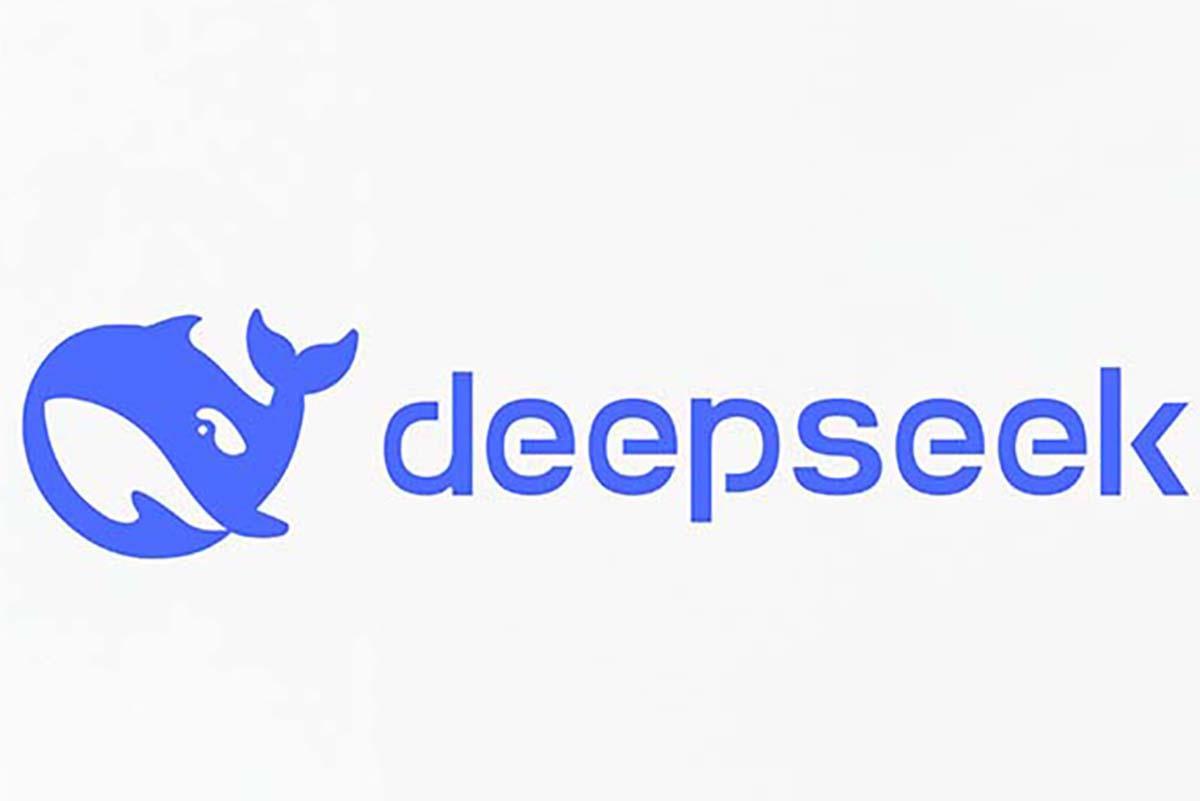
Deepseek AI Severely Under Scrutiny As US Warns Of Elevated Risk

The US Commerce Secretary has warned that reliance on DeepSeek's artificial intelligence models is“dangerous and shortsighted,” amid findings that they are more vulnerable to hacking and underperform against US systems.
An evaluation by the Center for AI Standards and Innovation within NIST compared DeepSeek's R1, R1-0528 and V3.1 models with leading US systems-including OpenAI's GPT-5 series and Anthropic's Opus 4-on 19 performance and safety benchmarks. The report reveals that DeepSeek far trails its US counterparts in software engineering and cybersecurity tasks and is significantly more susceptible to malicious instructions.
In one striking measure, DeepSeek's most secure model complied with 94% of aggressive or harmful prompts under jailbreak testing, while US frontier models rejected nearly 92% of such requests. The CAISI assessment also reported that DeepSeek-based agents were, on average, 12 times more likely than U. S. systems to be hijacked into executing phishing, data exfiltration or malware deployment commands.
Cost-wise, DeepSeek models rank worse too. The analysis found that U. S. models can deliver matching performance at approximately 35% lower average cost across the multiple benchmarks.
Beyond performance and safety, the report flagged concerns about DeepSeek's political bias and censorship practices. DeepSeek was more likely to echo narratives aligned with the Chinese government and avoid sensitive topics like the Tiananmen Square events, while US models offered broader coverage.
DeepSeek has also faced cybersecurity episodes. The company acknowledged a“large-scale malicious attack” resulting in the temporary suspension of new user registrations. Security analysts have attributed several exploited vulnerabilities to DeepSeek's loose guardrails. For example, the model has been used by cybercriminal networks to auto-generate infostealer malware, bypass fraud systems, and assist in financial theft, sometimes with minimal technical proficiency demanded of the user.
See also Identity Theft Threats Surge While Security Confidence Masks Key VulnerabilitiesAcademic work supports these concerns. A study introducing a“Hijacking Chain-of-Thought” attack demonstrated that DeepSeek-R1 and other reasoning models could be coerced into harmful behaviour, dropping refusal rates from ~98% to below 2%. Another audit found that DeepSeek-V3, along with several commercial models, generates malicious URLs in about 4.2% of programmatic outputs-even when prompted innocently.
US lawmakers have escalated pressure. Senators wrote to the Commerce Secretary demanding deeper investigation into DeepSeek's backdoors and potential links to Chinese intelligence. Legislation has been proposed to ban DeepSeek on government devices and prevent its usage by federal contractors.
In March, the Commerce Department instructed bureaus to avoid using DeepSeek on all government-issued hardware, citing data privacy risks and fear of inadvertent transfer of sensitive material to servers governed by Chinese law. DeepSeek's growth has nonetheless continued, with reported downloads increasing nearly tenfold in 2025, underscoring strong demand even amid caution.
Experts remain divided on how DeepSeek should be regulated. Some argue stricter safety and audit requirements should be imposed globally on AI models, while others believe DeepSeek's openness and cost efficiency encourage innovation and competitive pressure on incumbent firms to raise standards.
China's approach to governing AI firms underscores a complex terrain: DeepSeek's privacy policy stipulates data is stored within the People's Republic of China and governed by its laws. This has fuelled scepticism that user inputs and outputs might be accessible to state authorities or influenced in line with government directives. A separate analysis by a select-committee claimed the platform serves as a tool for“spying, stealing and subverting US exports.”
See also Saudi Firms Unveil First Industry-Backed AI Diploma Notice an issue? Arabian Post strives to deliver the most accurate and reliable information to its readers. If you believe you have identified an error or inconsistency in this article, please don't hesitate to contact our editorial team at editor[at]thearabianpost[dot]com . We are committed to promptly addressing any concerns and ensuring the highest level of journalistic integrity. Legal Disclaimer:
MENAFN provides the
information “as is” without warranty of any kind. We do not accept
any responsibility or liability for the accuracy, content, images,
videos, licenses, completeness, legality, or reliability of the information
contained in this article. If you have any complaints or copyright
issues related to this article, kindly contact the provider above.


















Comments
No comment